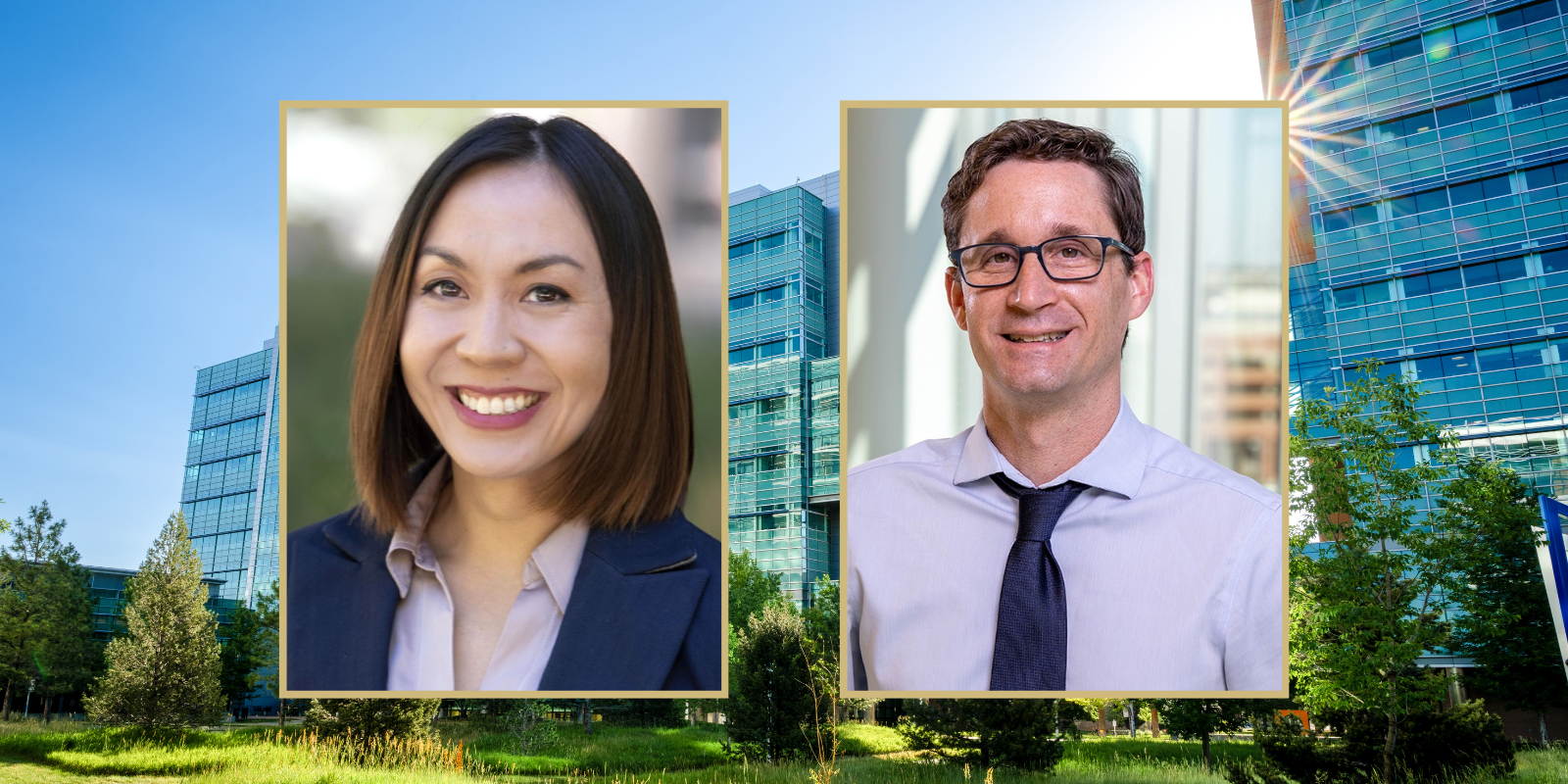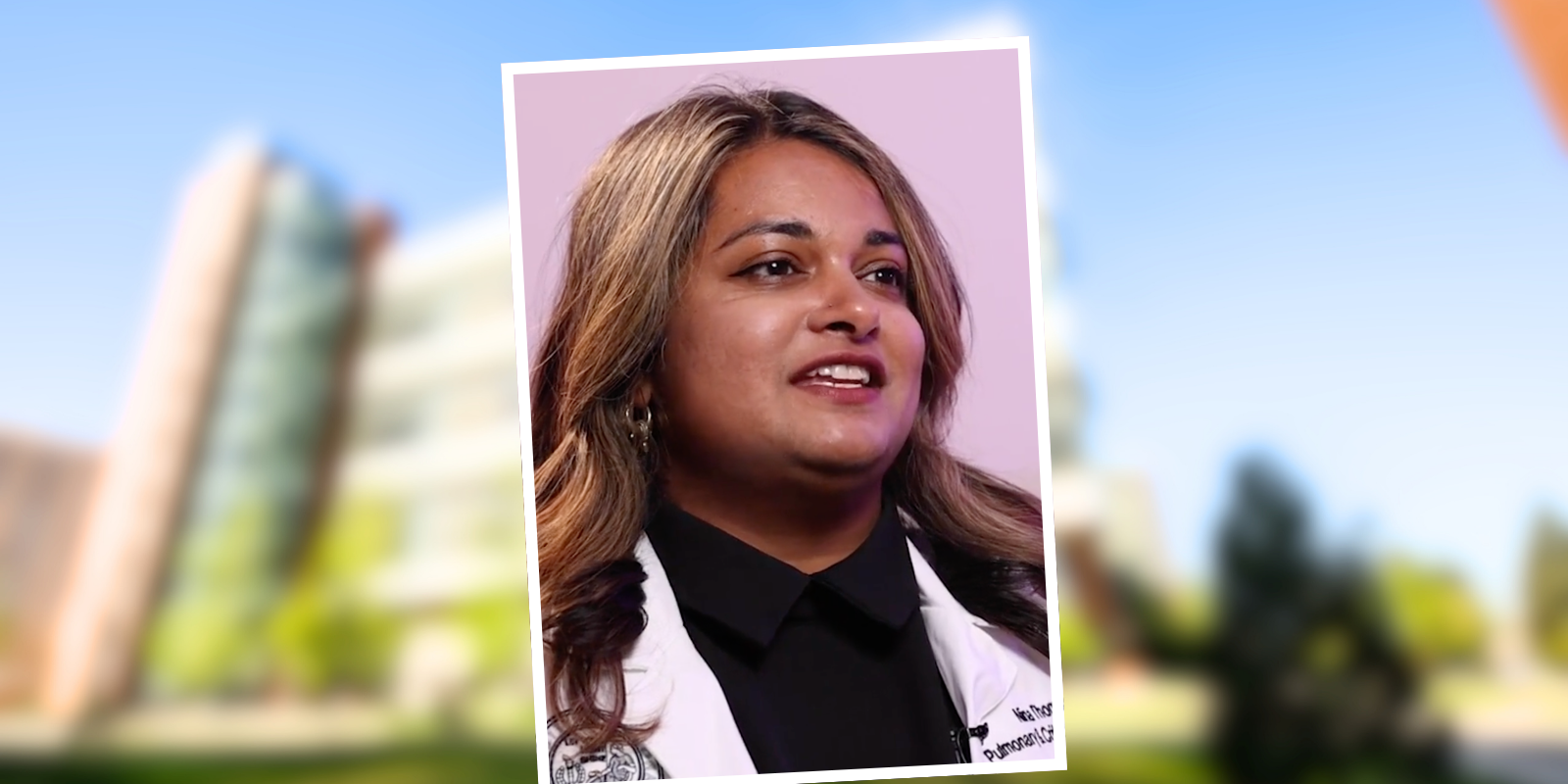Jan Lowery, PhD, MPH, who started her career as a researcher at the University of Colorado Cancer Center, returned September 1 as assistant director for dissemination and implementation for the Office of Community Outreach and Engagement at the CU Cancer Center. In her new role, Lowery will lead efforts to develop, conduct, and disseminate implementation-focused projects in cancer prevention, early detection, and survivorship.
“The National Cancer Institute came out not too long ago and told cancer centers, ‘You need to expand your focus beyond the walls of your clinical practice,’” Lowery says. “They said, ‘You need to start talking to people across the state in your catchment area and being more inclusive, bringing them to the table and asking them what they need in their communities specific to cancer prevention.’ In my role, I will be working to optimize engagement across our state with various communities, making sure they're aware of the cancer burden in their areas and helping them to implement evidence-based strategies for cancer prevention and control.”
Collaborative effort
As the only NCI-designated cancer center in Colorado, the CU Cancer Center has a large area to cover, but Lowery knows she isn’t doing the job alone.
“There are a lot of other groups out there doing good work,” she says. “Part of my role, as I see it, is to find ways to collaborate and synergize efforts across the state.”
Colorado has many underserved communities that need better access to resources around cancer screening and prevention, including rural communities, mountain communities, low-income urban communities, Latinx communities, Medicaid and Medicare recipients, and African American communities. All have specific challenges when it comes to their individual needs and risk factors, Lowery says.
“The challenge of this role is really understanding what's going on across the state, making sure we know what everyone's doing, identifying the gaps, and in understanding the needs of the community,” says Lowery, also a faculty member in the Colorado School of Public Health. “We have to come at this with a one-size-does-not-fit-all perspective and understand the cultural or geographic challenges of each of those specific communities so we can help them and empower them actually to do some of the work themselves, too.”
Related experience
Lowery most recently served as associate director of participant engagement, at the Colorado Center for Personalized Medicine, where she oversaw biobank enrollment across the UCHealth system. She also has held positions as associate professor of epidemiology at the CU School of Public Health; external program consultant, Colorado Cancer Genomics Alliance, at the Colorado Department of Public Health and Environment; and external program evaluator at Catholic Health Initiatives.
“I am a cancer epidemiologist by training, and for most of my career, I have done research around cancer prevention and the best ways to inform people of their risk,” she says. “And then based on that, how we get them in to get screened? How do we get people to quit smoking, eat healthy, exercise, or even go get a colonoscopy? A lot of time that’s easier said than done.”
Lowery sees her new role as a homecoming to the CU Cancer Center, as well as the culmination of her research background.
“Ultimately, we want to not just help communities get access to care and services, but we also want them to engage in research and have opportunities to participate in clinical trials,” she says. “I have a lot of experience in public health practice work where we take an evidence-based strategy and plug it into a community and see how it works. This is a role where I can be part of giving back to communities and helping them help themselves.”



